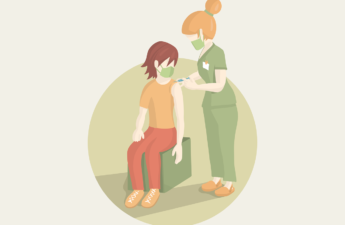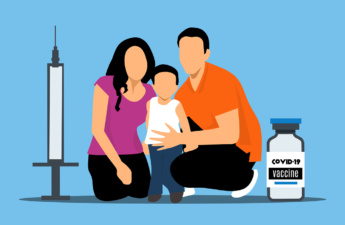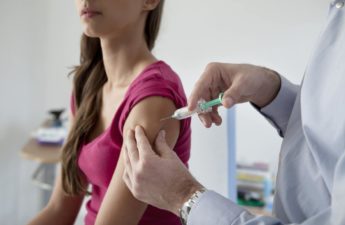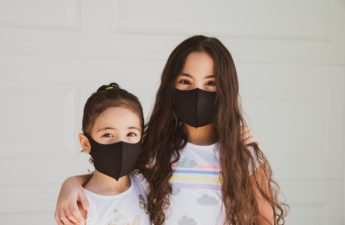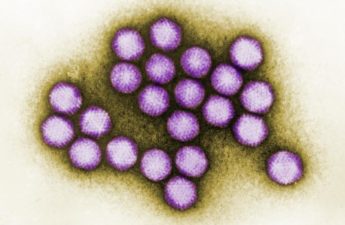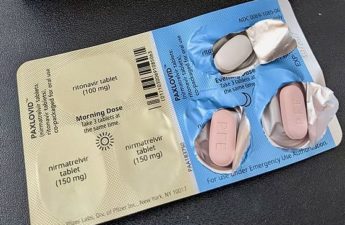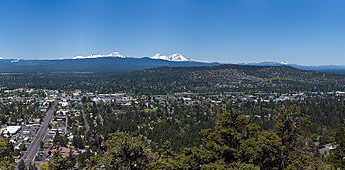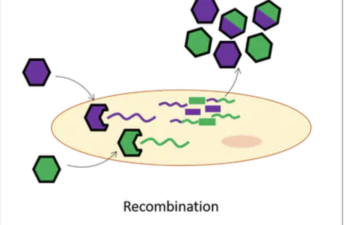Category: Coronavirus
The latest on COVID-19 boosters
Boosters are important for keeping our communities safe, especially as COVID-19 cases increase across Washington. But it’s not always easy to track when you or a loved one is eligible for a first, or a second, booster. Here’s what you need to know.
WHEN CAN BABIES AND YOUNG CHILDREN FINALLY GET THE COVID VACCINE?
Public Health – Seattle & King County wants to ensure that families across the county can protect their children under 5 with COVID-19 vaccine soon after authorization for emergency use occurs.
Herd immunity was sold as the path out of the pandemic. Here’s why we’re not talking about it any more
As the pandemic progressed, herd immunity via vaccination moved further and further out of reach. In fact, based on what we know about currently circulating viral variants, today, herd immunity via vaccination is mathematically impossible.
Got Long Covid? Medical Expertise Is Vital, and Seniors Should Prepare to Go Slow
Older adults who have survived covid-19 are more likely than younger patients to have persistent symptoms such as fatigue, breathlessness, muscle aches, heart palpitations, headaches, joint pain, and difficulty with memory and concentration — problems linked to long covid. But it can be hard to distinguish lingering aftereffects of covid from conditions common in older adults such as lung disease, heart disease, and mild cognitive impairment.
How important is the COVID-19 booster shot for 5-to-11-year-olds? 5 questions answered
Naturally, many parents are wondering about the importance and safety of a booster shot for their school-age children. Debbie-Ann Shirley, a pediatric infectious disease specialist at the University of Virginia, answers some common questions about COVID-19 and booster shots in kids that she hears in her practice and explains the research behind why booster shots are recommended for children ages 5 to 11.
The FDA answers your questions about coronavirus boosters.
Here are answers to some frequently asked questions from consumers about vaccine boosters, and resources.
WITH COVID RATES HIGH, WHAT PARENTS NEED TO KNOW ABOUT MASKING AND TESTING
The risk of exposure to COVID-19 is higher than a month ago, both within schools and in the community. That’s why Public Health has been recommending wearing masks in indoor public settings and other prevention measures, particularly since we reached the Medium Community Level.
Can sniffer dogs really detect COVID almost as well as a PCR test? Turns out they can
The dogs detected COVID with a sensitivity of 92% (which refers to their ability to correctly identify those with infection) and a specificity of 91% (their ability to correctly identify those without infection).
WHAT’S THE DEAL WITH BOOSTERS (AND WHY IT’S A GOOD TIME FOR A BOOST)
Boosters keep your body’s protection against COVID-19 strong for longer, guarding against getting very sick, going to the hospital, or death.
Hepatitis outbreak in children: explainer on adenovirus type 41, the possible culprit
One suspect is infection by an adenovirus. Adenoviruses are a large group of viruses that can infect a wide range of animals as well as humans. They got their name from the tissue they were initially isolated from: the adenoids (tonsils).
What is Paxlovid and how will it help the fight against coronavirus?
An infectious diseases physician answers questions on the COVID-19 pill
Should you wear a mask on a plane, bus or train when there’s no mandate? 4 essential reads to help you decide
Daniel Merino, The Conversation On April 18, 2022, a judge in Florida struck down the federal mandate requiring passengers on mass transit to wear masks. While the U.S. Centers for Disease Control and Prevention still recommends that passengers mask up…
Regaining fitness after COVID infection can be hard
Here are 5 things to keep in mind before you start exercising again
Small Towns Drew Most New Pandemic Residents
In states around the country, people who moved early in the pandemic were attracted to wide-open spaces in relatively obscure towns rather than the big cities that had attracted millennials in the previous decade. The moves may have brought welcome money to smaller towns, but they also raised housing prices and changed the bucolic way of life that attracted residents in the first place. And in the past year, moving patterns largely have reverted to pre-pandemic trends.
Omicron XE is spreading in the UK – a virologist explains what we know about this hybrid variant
Recombination occurs when two different variants infect the same cell, in the same person, at the same time. From there, they can combine their genetic material, resulting in a virus that possesses a mix of genes from both infecting “parent” viruses. This recombinant variant may then spread to other people – as has been the case with omicron XE.
